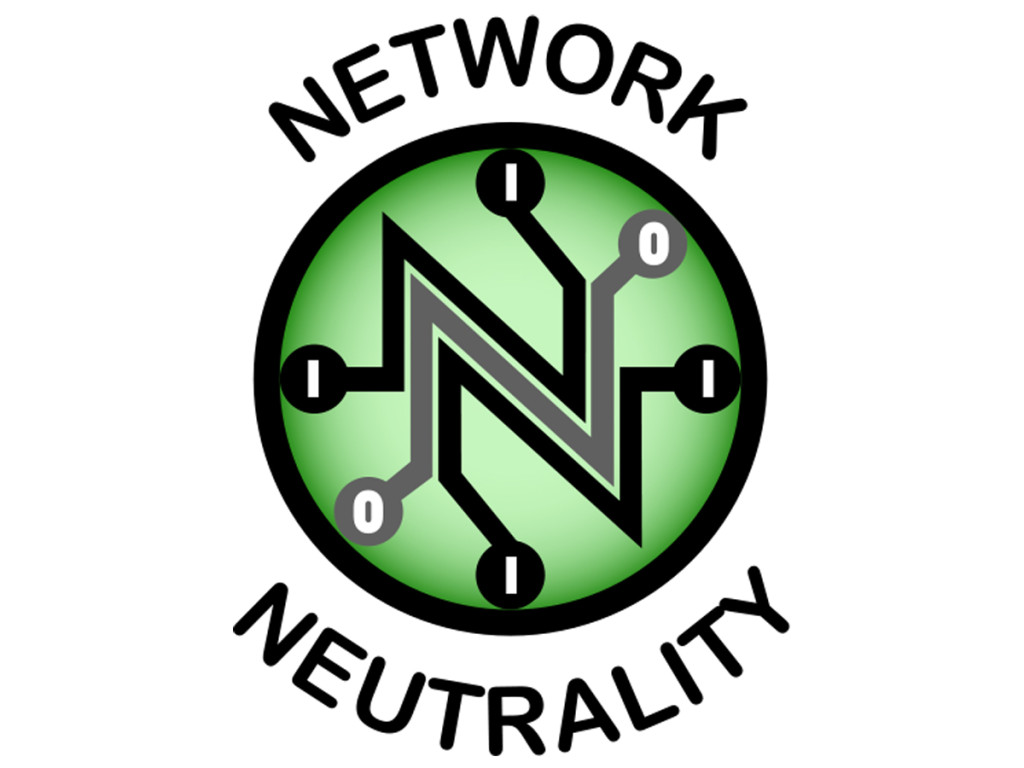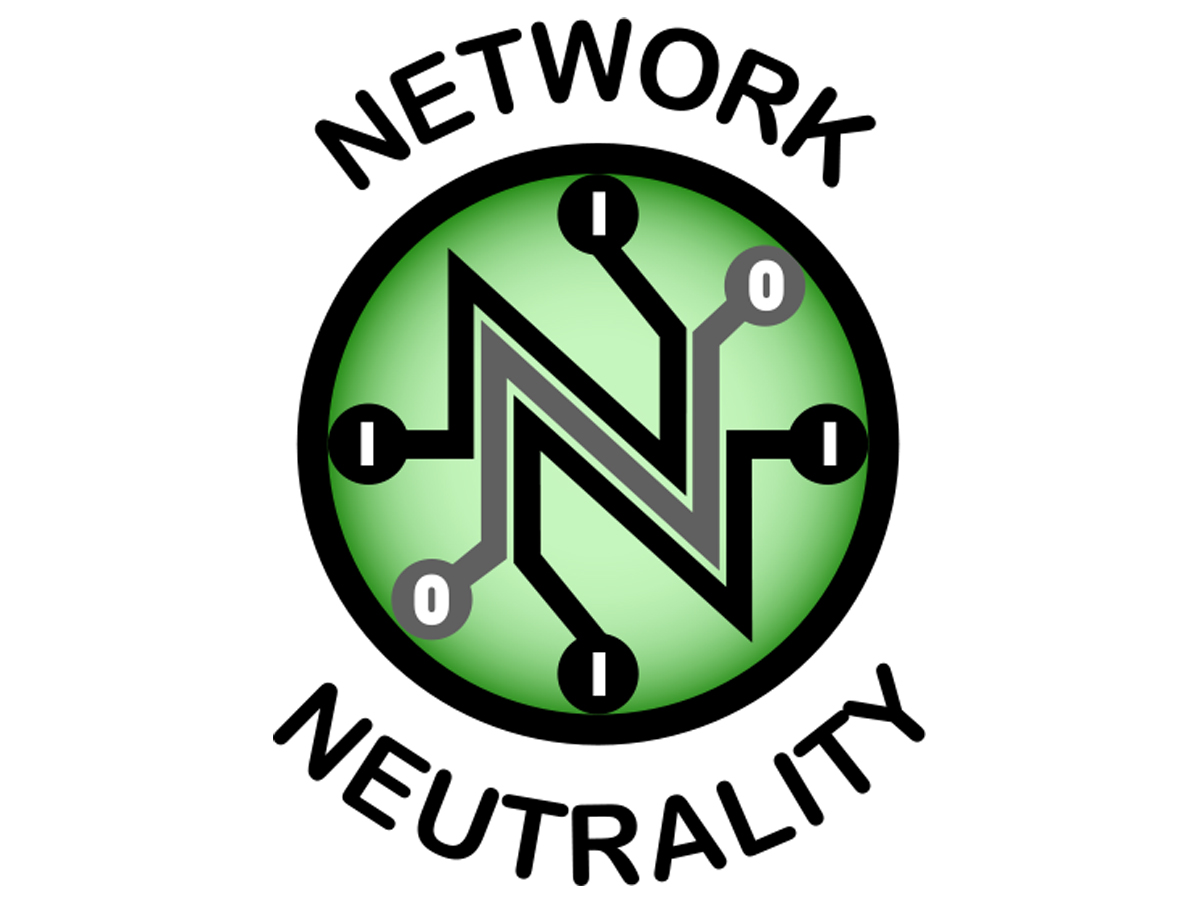
Over the past few years, a great increase in notable Internet-related legislation has come into Congress. Some notable bills have been SOPA and PIPA. But what is now on the legislative docket is the issue of net neutrality. Net neutrality is the idea that all traffic on Internet networks should be treated equally — that is, your connection to a Netflix stream should have no level of importance greater or less than your connection to Verizon’s main webpage. Net neutrality has picked up in the public eye considerably over the past year, through a prominent appearance in news media, and popular YouTube channels such as CGP Grey. But as of late, net neutrality has slipped from the front lines of media coverage. Now, with the upcoming Federal Communications Commission (FCC) hearing on a newly proposed “hybrid method” concerning net neutrality, it is time for it to come back into the spotlight, so people are informed and can take the appropriate steps to fight for an open Internet.
Currently the way your Internet works is that all data that goes through it is treated the same. Your connection can be looked at as a pipe connected to a water line: If you open the spigot, water comes out at a consistent speed. It does not care if the water is hot or cold. But with current proposals, Internet service providers (ISPs), like Time Warner Cable or Comcast, will alter the speed depending on what service is being requested by you. To bring this concept back to the water spigot analogy, your ISP could possibly give you less water if you are requesting cold water rather than hot. ISPs want to implement something called “Internet Fast Lanes,” which they argue can make some things faster to the end user, but many experts believe that a “fast lane” is not so much a “fast lane” — but a “normal lane” next to a “slow lane.” What this means for you and me is that Netflix would have to charge a higher fee per month, since the fee from the ISP is levied on the company — just to get the same speed as what you had before.
The original ideas opposed to net neutrality were struck down due to overwhelming public and corporate backlash. But the public eye is not always watching, and when it is not, the things that we oppose try to be pushed through. So, over the last few months the FCC has been working on new ideas on how to regulate ISPs and Internet traffic and they have now come up with one they are calling a “Hybrid Method.” With this new method, the FCC will reclassify the relationship between companies like Netflix and ISPs as a common carrier, which means that the FCC can more closely regulate them. But the relationship between the ISP and us remains the same. This hybrid method is not what we need to fix the situation. It is too complex and unfocused; this complexity will lead to loopholes and exploitation, two things that we don’t need in this already corrupt industry.
The Internet is a great place. It allows the “little guy” to make his voice heard. It allows the small-business owner to find her customer at a low cost and still compete with companies like Wal-Mart. And for the first time in human history the world is now almost completely interconnected, where borders no longer have any effect on culture, but as a collective we can change how things are done. This is why an open, user-centric Internet is so important. Allowing an ISP to dictate what is important to use bandwidth, and put a fee on the person or company to use the full potential of the Internet is against what the Internet has been about since its creation. The Internet is the universal equalizer for information.
What can we do to keep our Internet open and continuing to do the amazing things that it does on a daily basis? It may seem like a daunting task, one which you might think that you do not have any sway over, but you do. Every person who writes his or her Congressperson, posts on a blog, or watches a video about keeping their Internet the way it was intended — to be neutral — is playing a critical part. The open Internet has shown us that numbers work, that many small voices yelling in unison is very powerful. We have seen the Arab Spring, a freedom movement that flourished on Twitter, topple governments, and we need to keep the Internet the way it is so that we are still able to do great things. So, in the final upcoming weeks of 2014, please keep an eye on net neutrality, because once it is gone, it will be incredibly hard to regain. Be the watchdog and tell the FCC that we want our Internet open, the way it was intended to be.








